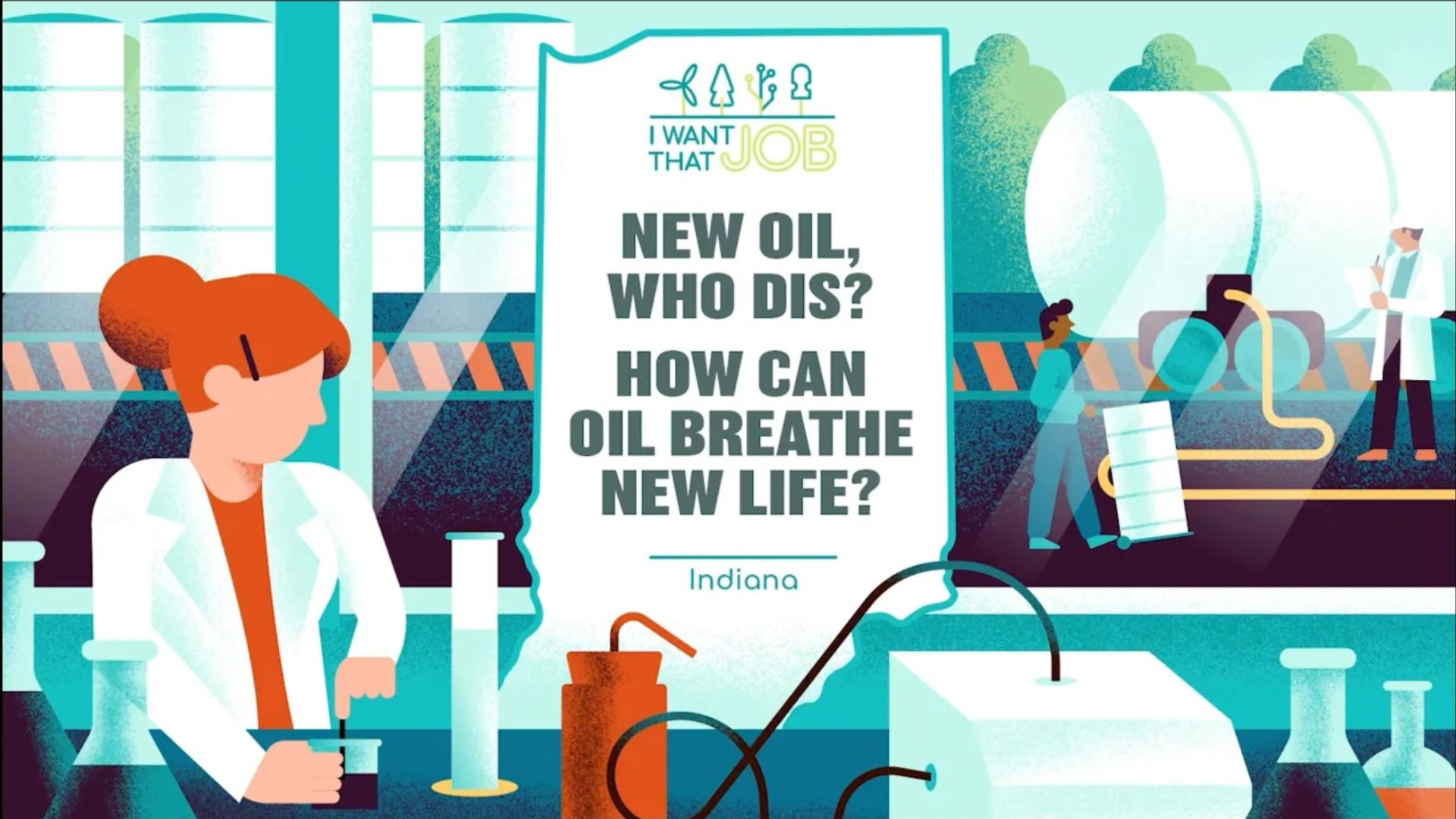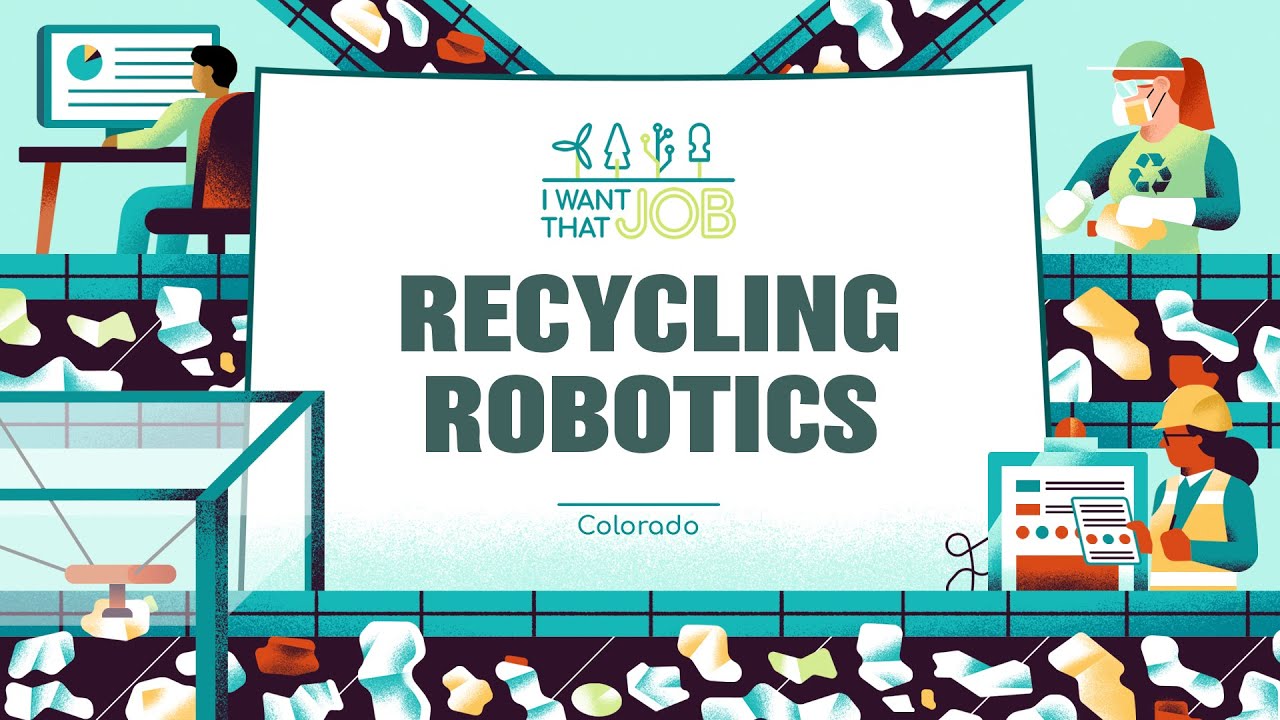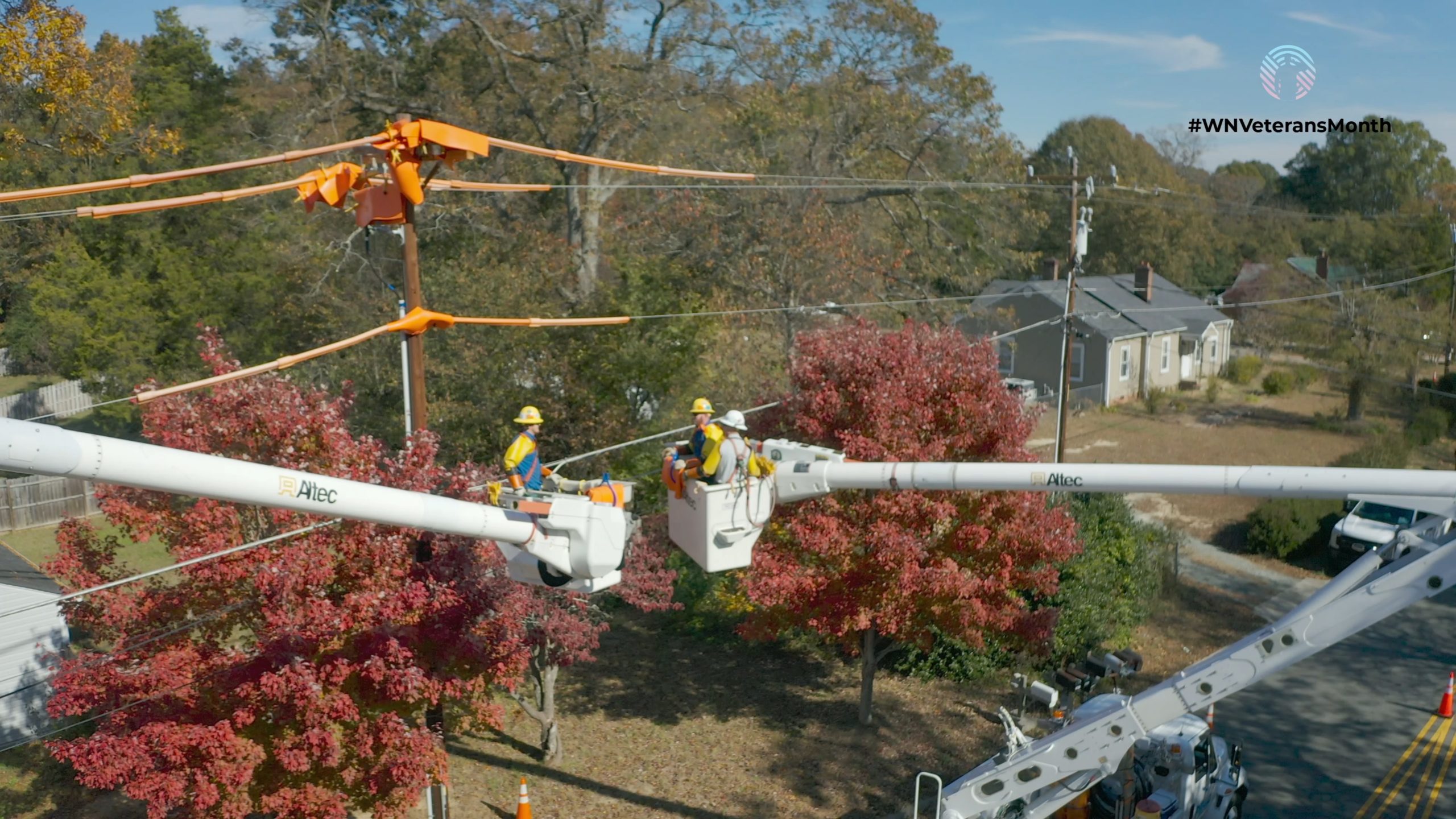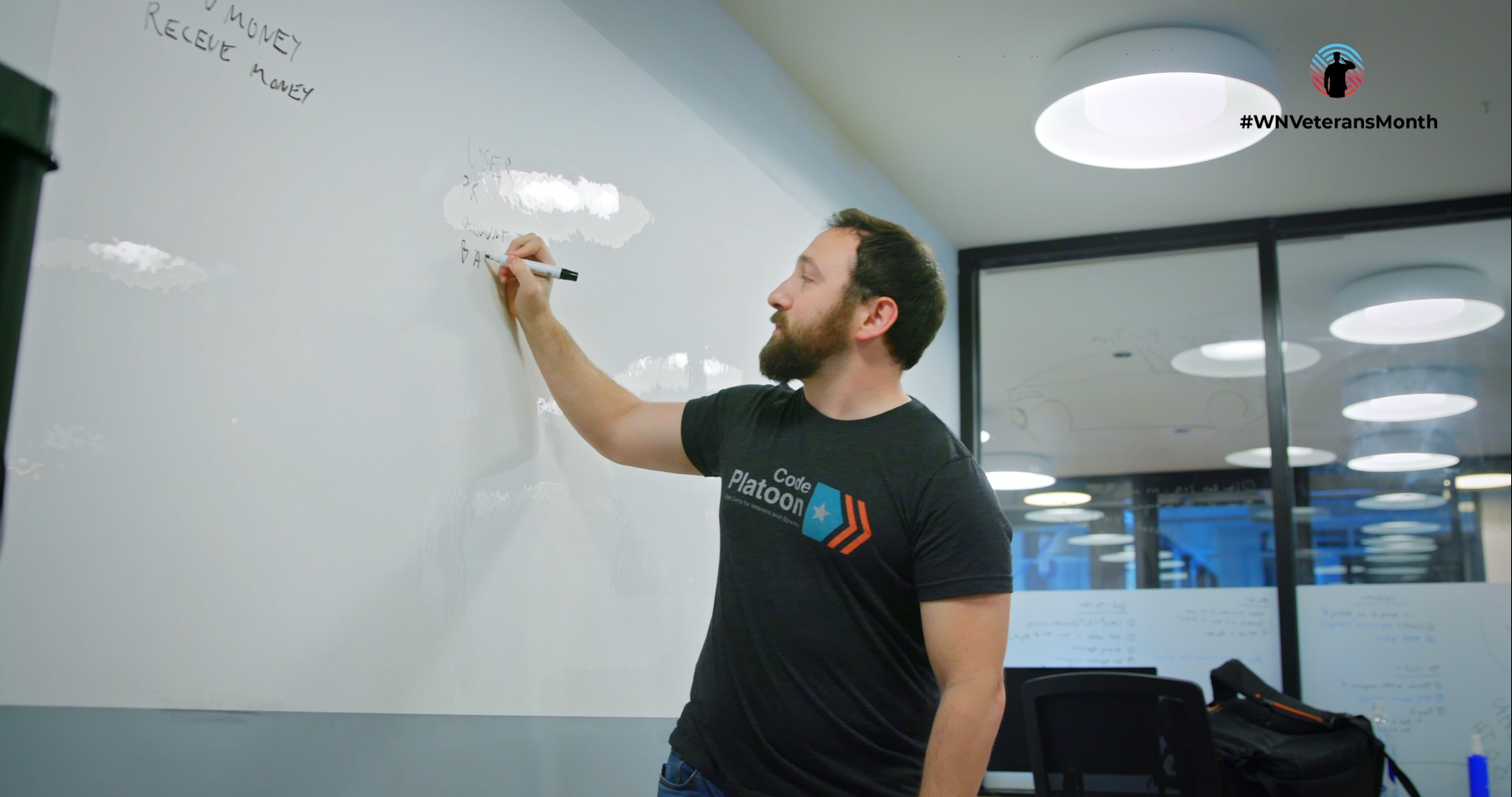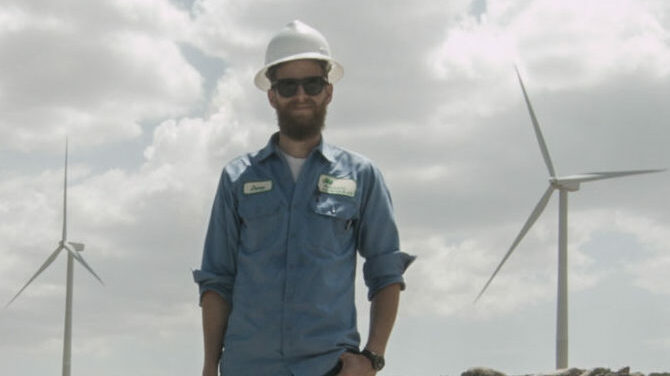Revolution is a plastics manufacturing company that also collects and recycles their products in order to create a continuous cycle of sustainability.
“Yes, there’s a place for plastics, but plastics couldn’t continue as it was,” says Cherish Changala-Miller, V.P. of Sustainability & Public Affairs at Revolution. “We needed to begin to recycle it and use it in ways that could help not just this generation but future generations.”
Changala-Miller works as a corporate executive for Revolution. Executives such as Changala-Miller plan strategies and policies to ensure that an organization meets its goals. They often have irregular schedules, which may include working evenings and weekends. Travel is common, particularly for chief executives, and executives typically need at least a bachelor’s degree and considerable work experience to enter the occupation.
Benny Wyles serves as the plant manager for Revolution in Little Rock, Arkansas. “Plastics is what I’ve done my whole life, and I’ve always been involved in conservation,” says Wyles, “I came here as a consultant—it was an eye-opener for me. I had to be a part of it.” Plant managers like Wyles play a critical role in ensuring that the products that come off the line meet the company’s standards.
Billy Knighton works as an assistant plant manager at Little Rock’s plant in Wrightsville, Arkansas. “I interact with the nightshift,” says Knighton, “If they had a bad day I would investigate what happened, and then troubleshoot the issues so we could get the plant back into business.” Aside from ensuring that production processes are running smoothly, assistant plant managers like Knighton also tend to other managerial responsibilities, such as training new hires.
Technical production managers like Wyles and Knighton oversee the daily operations of manufacturing plants. Most technical production managers work full time and some work more than 40 hours per week, and they typically need a bachelor’s degree and several years of related work experience.
Amber Zajac works as a senior quality manager at Revolution. “I oversee three of our plants—I talk with the quality managers as well as the plant managers,” says Zajac. “I also talk with our sales team to make sure that the voice of the customer is heard all the way to the floor.” Senior quality managers like Zajac are vital to establishing customer confidence in all of the products that Revolution sells and then recycles.
A quality assurance manager directs, creates and controls an organization’s policies and procedures to ensure that its daily operations and products conform to their quality standards.
In 2020, the median annual wage for production managers was $108,790. Employment of industrial production managers is projected to grow 5 percent from 2020 to 2030, according to the BLS. Despite limited employment growth, about 13,900 openings for industrial production managers are projected each year, on average, over the decade. Most of those openings are expected to result from the need to replace workers who transfer to different occupations or exit the labor force, such as to retire.
The median annual wage for corporate executives was $185,950 in May 2020. According to the BLS, overall employment of top executives is projected to grow 8 percent from 2020 to 2030, about as fast as the average for all occupations. About 247,100 openings for top executives are projected each year, on average, over the decade. Many of those openings are expected to result from the need to replace workers who transfer to different occupations or exit the labor force, such as to retire.

